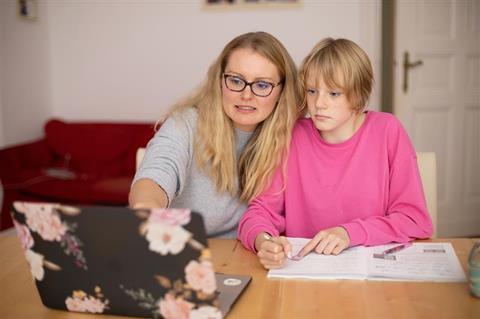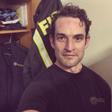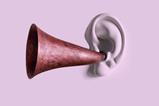Joel Toombs believes that whether your own childhood was easy or tough, you can use what you learned to mentor your kids well

My mum has Parkinson’s Disease and is not doing so well at the moment. There’s nothing like the fear of losing a parent that focuses the mind on what’s important. Have I told her I love her? Have I been grateful for what she gave me? What HAS she given me? Suddenly there’s all the memories of those moments with her that shaped me. The things she brought to my life and development; the values instilled; the ideas and dreams she helped foster and then encouraged and supported. The listening ear. The advice given. The hugs. Maybe this is how she taught me how to mentor others…
Think about this. In what ways, and in which moments, did your own parents go beyond a natural and spontaneous function into what could be described as an intentional role where they saw what you needed - emotionally resourcing your steps ahead, facilitating your thoughts, prompting your self-discoveries; and your recoveries…?
Parenting and mentoring, as a description, overlap in so many ways; so why is the distinction necessary? I see in myself and in so many parents, parenting happen in an organic, reactive way. We see your needs, we want to provide. At this moment if you see that doing it for them is not the answer; but being on hand while they work out how to do it themselves – then we’re already on the same page. We might have hopes and dreams for our children, certainly feelings of wanting to protect and nurture. But what about the next level – when our parenting becomes proactive; when we manage to find the time, the headspace, the self-control… to distance our own desires long enough to help set them free. To become a resource. To become a facilitator. All the ‘normal’ things are still good parenting but combining the attitude of mentoring can add something. Mentoring is a principle; an orientation… as well as sometimes an action or more formal practise. It can bring freshness and excellence to our already committed, loving endeavours with our children. We can still be partisan, we can still be biased for their success and health, but we can step back from our own hopes, goals and desires for them and use techniques and practices to be everything they need to become who they want to be and achieve what THEY want to achieve. Trust me they will love you all the more for it and your relationship will never be stronger!
You are reading this, so it seems you are already thinking ahead, trying to improve on your skillset; your toolbox for aiding them on their journey. That’s it! The key word in mentoring is ‘intentional.’ My work is all about drawing in some of the wonderful values (and tools) of mentoring and seeing how we can utilise them in our already often overstretched, harried, slightly panicked handling of our beautiful babies’ sudden transition into their independent future. How dare they change and grow and increasingly need us less?! But as they ebb and flow from one phase to the next. Some lovely times, some awful moments, sometimes easy, sometimes hard, lets help each other do more than cope… let’s intentionally enable whatever it is they need; building trust, inspiration, reflection and communication …and hopefully safe progress.
So, returning to the opening paragraph. What were your parents for you? More importantly in this frame perhaps; what were they not? How did they NOT mentor you? What can you draw from your own experience of being facilitated, listened to, inspired and gently provoked, (or not) that you can begin to consider being and becoming for your own bundles of joy?! They’ve had the audacity to start growing up and becoming more independent – can you have the audacity to help them, and thereby become closer and more valuable than ever, not the opposite?


































